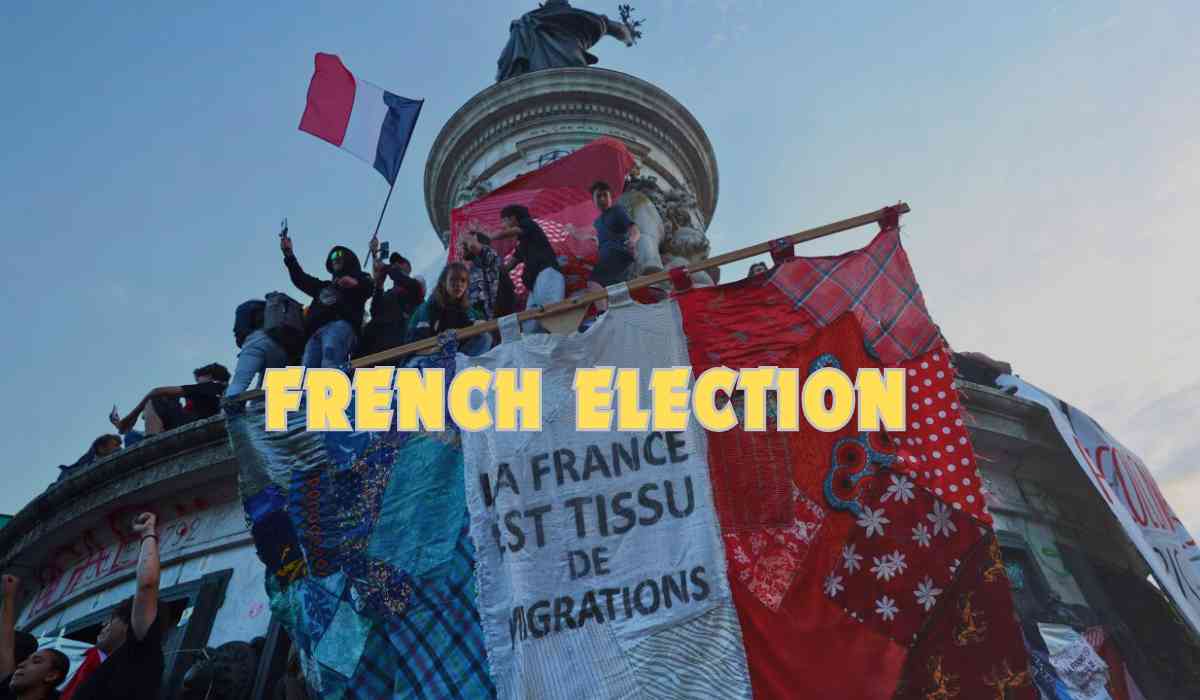France's parliamentary election saw the NFP win the most seats but not an absolute majority, leaving a hung parliament. Prime Minister Gabriel Attal resigned, and Macron may consider a "cohabitation" arrangement with the left. Former Prime Minister Édouard Philippe called for political forces to stabilise the situation.
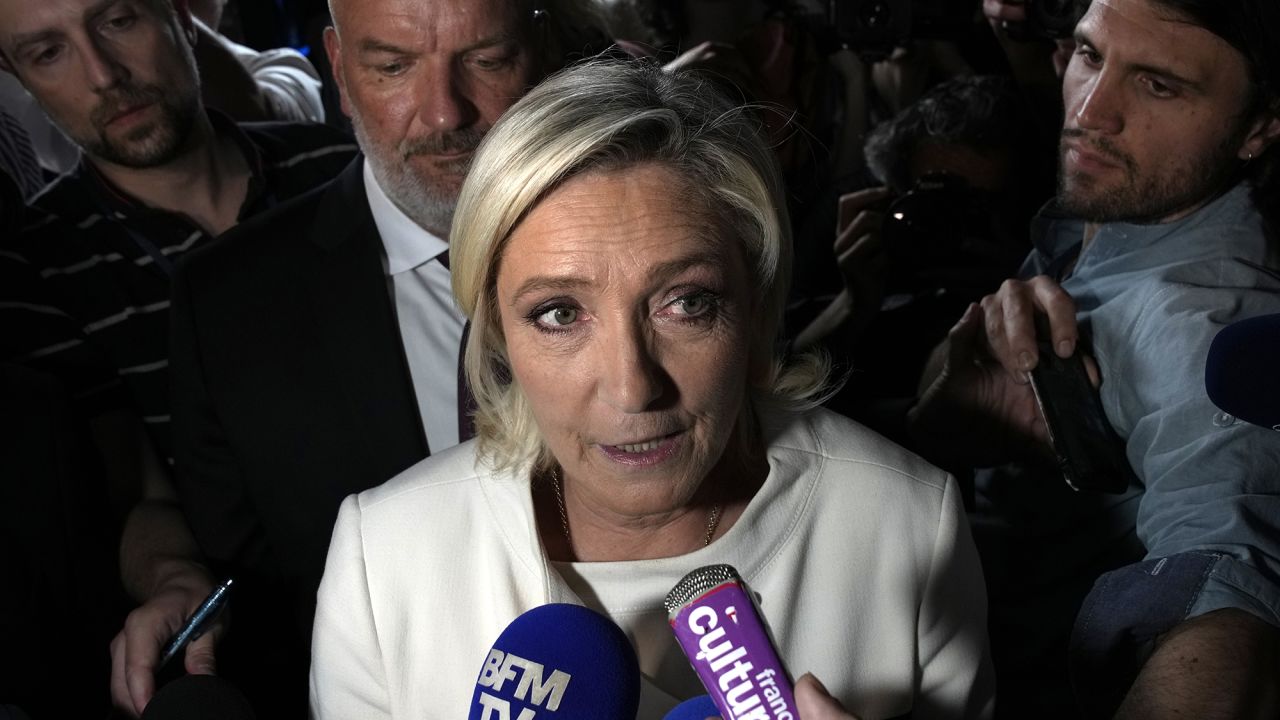
Unexpected Left-Wing Victory
The recent parliamentary election saw the left-wing alliance, the New Popular Front (NFP), secure the most seats in the National Assembly, with a total of 182 seats. This result came as a surprise to many, particularly as the far-right National Rally (RN) had led in the first round. The NFP's victory marks a significant shift in the political dynamics of France, indicating a resurgence of left-wing ideologies.
The Rise of the New Popular Front (NFP)
The New Popular Front's unexpected success can be attributed to several factors. Their campaign focused on addressing economic inequalities, climate change, and social justice issues, resonating with a broad segment of the electorate. This victory demonstrates a growing support for progressive policies and a demand for change in French politics.
Comparative Analysis of Past Elections
Compared to previous elections, the NFP's success highlights a shift in voter preferences. Historically, the left-wing parties have struggled to gain a significant foothold in the National Assembly. The recent results indicate a potential long-term change in the political landscape as voters increasingly support left-wing policies.
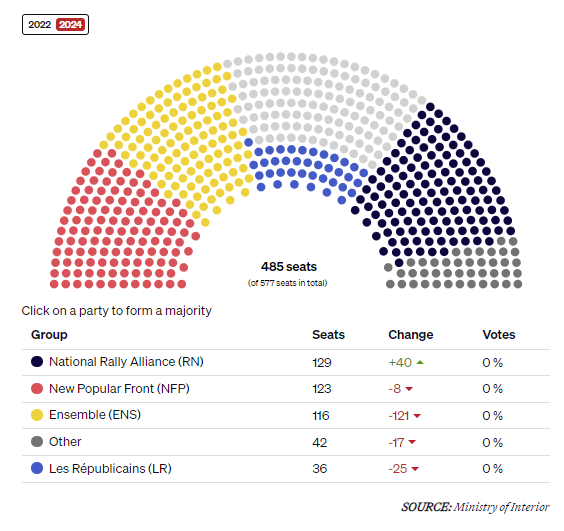
No Clear Majority: The Consequences
Despite the NFP's victory, no party or alliance secured the 289 seats required for an absolute majority. President Emmanuel Macron's centrist Ensemble alliance came in second with 163 seats, while the far-right National Rally finished third with 143 seats. The lack of a clear majority poses significant challenges for governance and legislative processes.
Implications of a Hung Parliament
A hung parliament, where no single party has an outright majority, can lead to political instability and difficulties in passing legislation. This situation requires parties to negotiate and form coalitions, which can be challenging given the diverse political ideologies represented in the National Assembly.
Coalition Governments: A New Norm?
With no clear majority, France may need to adapt to coalition governments. This approach is relatively unusual in French politics but may become necessary to ensure effective governance. Coalition governments could lead to compromises and more inclusive policy-making, but they also risk inefficiency and prolonged negotiations.
Macron's Ensemble Alliance: Second Place
President Emmanuel Macron's Ensemble alliance, which had hoped to secure a majority, finished second with 163 seats. This outcome reflects a decline in support for Macron's centrist policies and presents significant challenges for his administration moving forward.
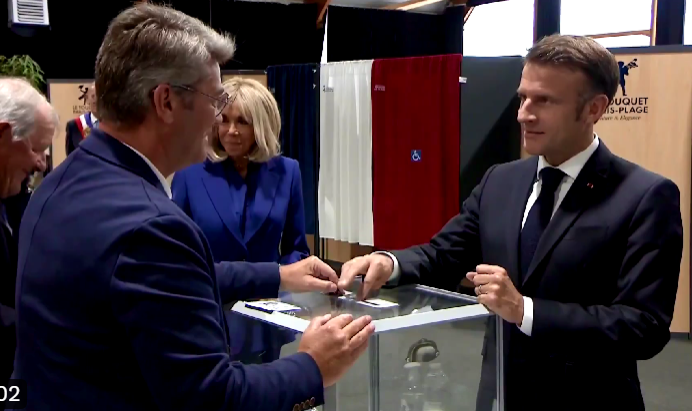
Challenges for Macron's Presidency
Without a parliamentary majority, Macron will face difficulties implementing his agenda. The need to negotiate with other parties could slow down policy-making and lead to compromises that dilute his proposed reforms. Macron's leadership will be tested as he navigates this new political landscape.
Strategic Missteps and Future Plans
Macron's decision to call a snap election was a gamble that did not fully pay off. Moving forward, he will need to reassess his strategy and build alliances to achieve his policy goals. This may involve re-evaluating his approach and finding common ground with other political factions.
Far-Right Gains Despite Loss
While the far-right National Rally (RN) did not win the most seats, their increase from 8 seats in 2017 to 143 seats now is significant. This growth indicates a rising support for far-right policies in France and marks a notable shift in the political spectrum.
The Rise of the National Rally (RN)
The RN's significant gains highlight the growing appeal of their nationalist and anti-immigration policies. This rise in support suggests a shift in voter priorities and concerns, particularly regarding issues of national identity and security.
For more on this, read: French Elections 2024: A Far-Right Surge Reshapes The Political Landscape
Shifts in French Political Ideologies
The election results reflect broader shifts in French political ideologies. The traditional centrist dominance is being challenged by both left-wing and far-right movements, indicating a polarized electorate and changing political priorities.

Political Instability Ahead
The lack of a clear majority and the rise of diverse political factions suggest a period of political instability ahead. Governing without a majority will require careful negotiation and coalition-building, which could lead to legislative stalemates and slow policy progress.
Navigating Governance Without a Clear Majority
Governing without a clear majority presents unique challenges. The need for coalition-building and compromise could slow down the legislative process and lead to frequent conflicts and disagreements among parties.
Potential legislative stalemates
The diverse political ideologies represented in the National Assembly increase the likelihood of legislative stalemates. Passing laws and implementing policies may become more difficult, leading to inefficiency and frustration among the electorate.
Prime Minister's Resignation
In response to the election results, Prime Minister Gabriel Attal announced his intention to resign. This resignation adds to political uncertainty and raises questions about the future leadership of France.
Gabriel Attal's Political Journey
Gabriel Attal's resignation marks the end of a significant chapter in French politics. His tenure as Prime Minister was marked by efforts to implement Macron's centrist agenda, and his departure signals a potential shift in the political direction of the country.
Être Premier ministre est l'honneur de ma vie.
Le lien que nous avons tissé est ce que j'ai de plus précieux.
Ce soir, la formation politique que j'ai représentée dans cette campagne ne dispose pas d'une majorité.
Fidèle à la tradition républicaine et conformément à mes… pic.twitter.com/DgcbNKoTLE— Gabriel Attal (@GabrielAttal) July 7, 2024
Speculations on the Next Prime Minister
The resignation of the Prime Minister has led to widespread speculation about his successor. Given the complex political landscape, the selection of a new Prime Minister will be a crucial decision that could shape the future of French governance.
Tactical voting played a role
Tactical voting played a significant role in the election results. Over 200 candidates from centrist and left-wing parties dropped out to prevent far-right victories, demonstrating a strategic approach to influence the outcome of the election.
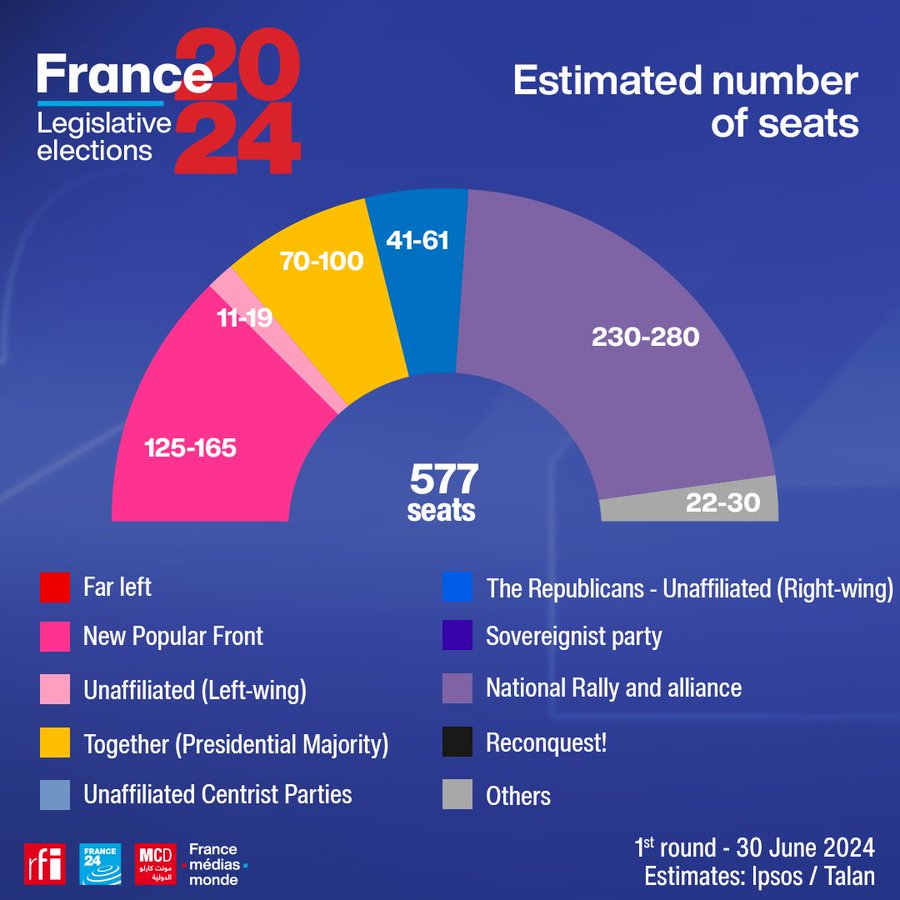
Impact of Tactical Voting on Election Results
The strategic withdrawal of candidates to block far-right victories highlights the impact of tactical voting. This approach was successful in preventing the RN from gaining more seats, demonstrating the influence of coordinated political strategies.
High voter turnout
The recent election saw a voter turnout of 66.63%, the highest for a parliamentary second round since 1997. This high level of engagement reflects the importance of the election and the electorate's desire for change.
Factors Contributing to Increased Voter Engagement
Several factors contributed to the high voter turnout, including the significance of the election, the competitive nature of the race, and the mobilisation efforts by various political parties.
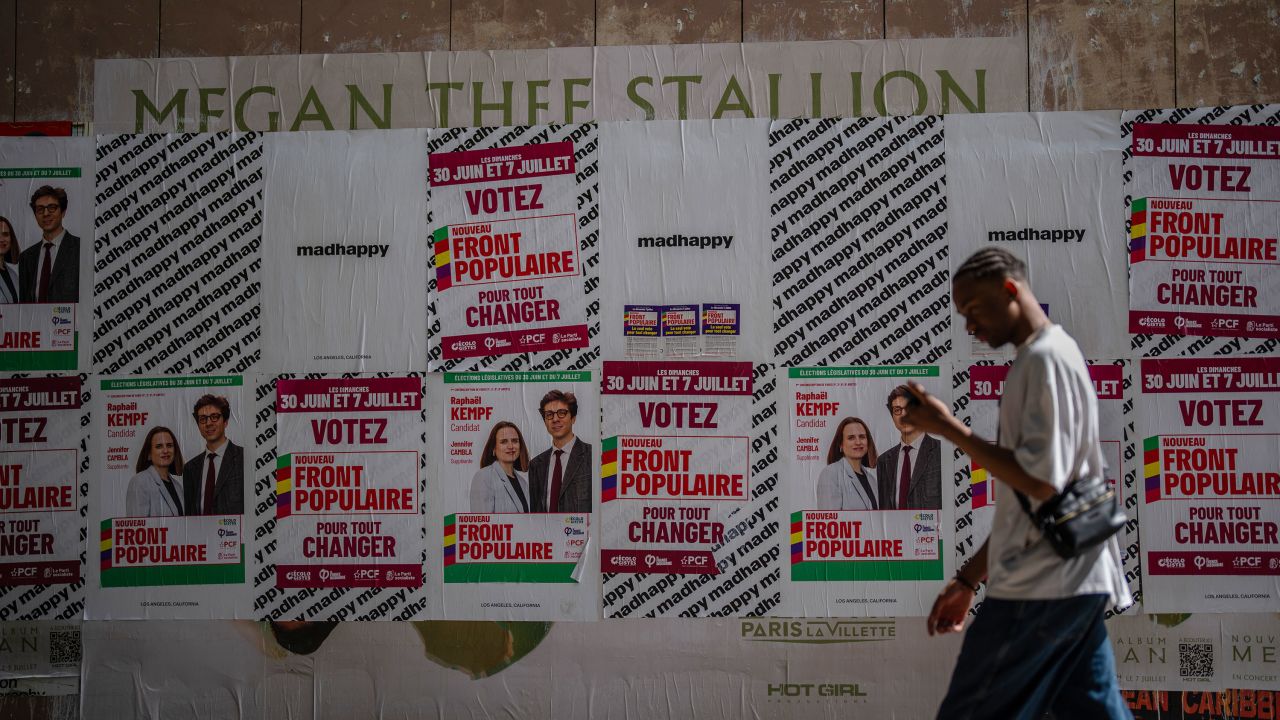
Implications for Macron
The election results have significant implications for President Macron. The lack of a clear majority and the rise of opposition parties will require him to adopt a more collaborative and strategic approach to governance.
Macron's Leadership Amidst Political Shifts
Macron's leadership will be tested as he navigates the challenges of a divided National Assembly. His ability to build coalitions and negotiate with opposition parties will be crucial to maintaining effective governance.
Future Political Strategy for Macron
Moving forward, Macron will need to reassess his political strategy. Building alliances and finding common ground with other parties will be essential for implementing his policy agenda and maintaining political stability.
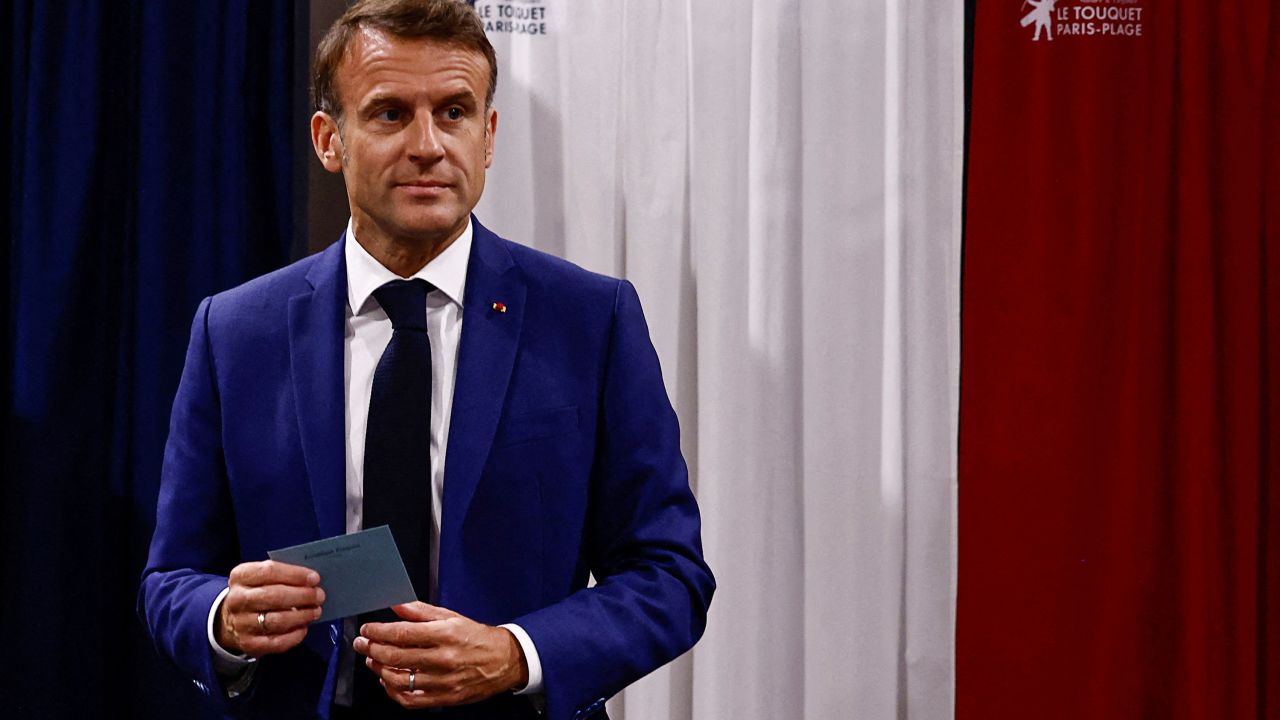
Future Uncertainties
The election results have introduced several uncertainties into French politics. The potential for coalition governments and political deadlock raises questions about the future of governance and policy-making in France.
♦ Coalition Governments and Policy Making
The need for coalition governments could lead to more inclusive and collaborative policy-making. However, it also increases the risk of inefficiency and prolonged negotiations, potentially hindering effective governance.
♦ Potential for Political Deadlock
The diverse political ideologies in the National Assembly increase the potential for political deadlock. Passing legislation and implementing policies may become more challenging, leading to frustration and delays.
♦ Olympic Games Concern
The upcoming Paris Olympic Games add pressure to quickly form a stable government. Political instability could impact the planning and execution of this major international event, highlighting the importance of resolving the current uncertainties.
♦ Political stability and international events
Political stability is crucial for successfully hosting international events like the Olympics. The current political uncertainties could pose challenges but also offer an opportunity for demonstrating effective governance.

♦ The Challenges of Hosting the Olympics
Hosting the Olympics requires significant planning and coordination. The current political landscape adds an additional layer of complexity, making it essential for the French government to quickly establish stability and ensure effective preparations.
For more on this, read: Will Political Turmoil In France Affect Paris Olympics?
Conclusion
France's recent parliamentary election has dramatically reshaped the political landscape, presenting new challenges and uncertainties for governance. The unexpected left-wing victory, the rise of the far-right, and the lack of a clear majority underscore a significant shift in French politics. As the country navigates this new terrain, effective leadership, coalition-building, and strategic planning will be crucial in ensuring political stability and addressing the concerns of the electorate.
Inputs from Multiple Agencies
Media Sources: Multiple sources(X)
ⒸCopyright 2024. All Rights Reserved Powered by Vygr Media.

